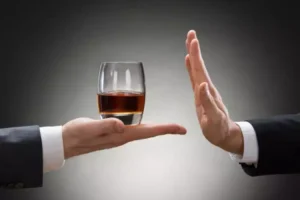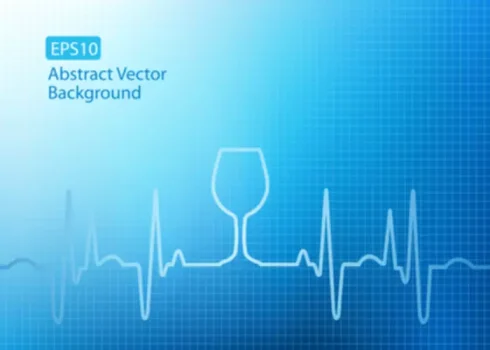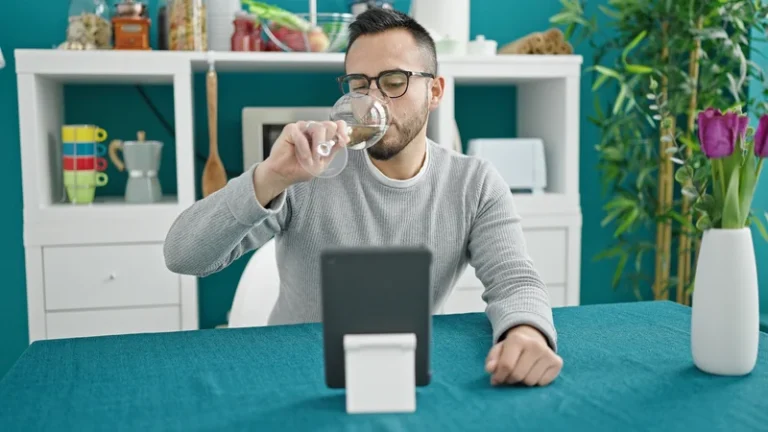After-Work Drinks: Things Employers Should Consider

Though not altogether a new phenomenon, the incorporation of alcohol in the workplace has become increasingly normalized in some job settings. Some companies openly offer alcohol to employees as a perk and even designate a day of the week for all employees to have a teambuilding or celebratory drink. With such a lax approach to alcohol during work hours, it isn’t surprising that alcohol after work has become so commonplace.
Alcohol withdrawal symptoms
- It’s often a relief to knock back a drink or two after a long day at work, and as an added incentive, happy hour is usually from 4–6 p.m., coinciding perfectly with the end of the workday.
- At Coastal Detox, our mission is to help each client experience detox from alcohol and other substance addiction with ease.
- A treatment center will attempt to verify your health insurance benefits and/or necessary authorizations on your behalf.
While moderate social drinking can facilitate networking and bonding among colleagues, excessive or regular after-work alcohol consumption may lead to serious consequences. After-work drinking, while often seen as a way to decompress and foster camaraderie among colleagues, can have far-reaching social and professional consequences. After-work drinking may have significant repercussions on cardiovascular health. While moderate alcohol consumption can be part of a balanced lifestyle, excessive intake is linked to a range of heart-related issues. An important aspect to consider is the immediate effect alcohol has on heart rhythm, particularly in individuals with a history of cardiac arrhythmia such as atrial fibrillation.
Call Grace Counseling’s Alcohol Addiction Treatment in Texas Now

We provide safe and highly effective medically supervised detox for all substances of abuse. Drinking after work is not the best way to relieve stress after a stressful workday. As stated before alcohol consumption can have effects on your body short- and long-term, especially when consumed regularly and frequently. To many, alcohol is an easy way to relax after a stressful day. You may find yourself pouring a drink after work because work is very stressful for many people regardless of the occupation.
Your addiction does not have to define who you are.
But sometimes, one drink leads to two or three, and before you know it, you’ve bought a couple rounds for the entire office. Even if you only end up having a cocktail or two, when you look at your bank statement at the end of the month, it’s the small expenses that add up to surprising figures. Employees who may be in recovery or simply choose not to drink might feel uncomfortable in an environment where alcohol is abundant.
The current Dietary Guidelines for Americans recommend that alcohol should be consumed in moderation — up to one drink per day for women and up to two drinks per day for men. You mentioned you feel pressure to order drinks when you’re out with them. I’m unclear if that pressure is coming from them or from your own expectations. Either way, your friends might be curious what you’re up to if you discover a new passion for non-alcoholic mixology or evening bicycle rides. If none of that works and the act of drinking is, itself, the soothing factor you’re craving, you also have options to keep drinking—with a non-alcoholic spin.
This can contribute to exhaustion, brain fog, and overall lower productivity among workers. Research shows that people who work 55 or more hours a week are more likely to drink in risky ways. https://ecosoberhouse.com/ Work-related stress and risk of danger or physical harm on the job are other common triggers. Drinking or using drugs at work can cost you your job, but it doesn’t stop people from doing it.

Celebrity Life
Alternating drinks with water is great way of diluting the effects of alcohol. And this way you can still feel like part of the crowd, but without getting drunk. But while drinking has long been the center of workplace culture, that drinking after work quick drink to unwind can easily turn into a several downed over the course of an evening. Happy hour and after-work drinks often go hand in hand with long days on the job, providing networking opportunities and a chance to unwind.

Physical Signs of Alcohol Use at Work
Additionally, nearly 15 percent of healthcare professionals struggle with alcohol abuse. Addiction Resource is an educational platform for sharing and disseminating information about addiction and substance abuse recovery centers. Addiction Resource is not a healthcare provider, nor does it claim to offer sound medical advice to anyone. Addiction Resource does not favor or support any specific recovery center, nor do we claim to ensure the quality, validity, or effectiveness of any particular treatment center. No one should assume the information provided on Addiction Resource as authoritative and should always defer to the advice and care provided by a medical doctor.
How To Drink Less Alcohol, According To A Health Coach
Missing dinner after going out straight from work is one of the main reasons after work drinks can become a drunken one. Drinking alcohol on an empty stomach means the alcohol is absorbed into your system quicker. Having a main meal at lunchtime and then a sandwich before you head to the pub is a good idea. Eating before or during drinking alcohol should help stop any cravings for a greasy kebab at the end of the night too.
This cycle can impact the individual’s health, professional performance, and relationships. Lots of people with alcohol use disorder need professional help to quit drinking. But you’ll need to be honest about how much you drink and how often.
